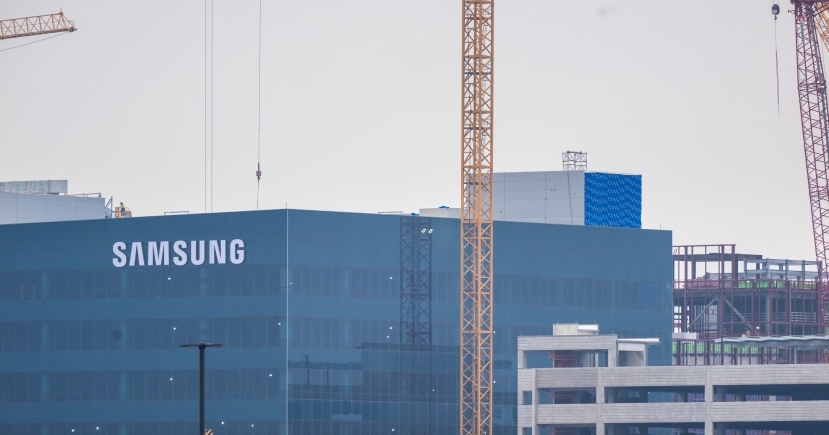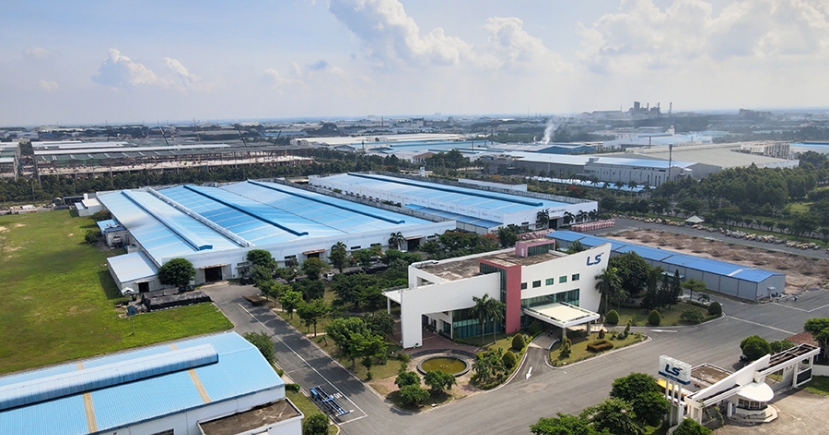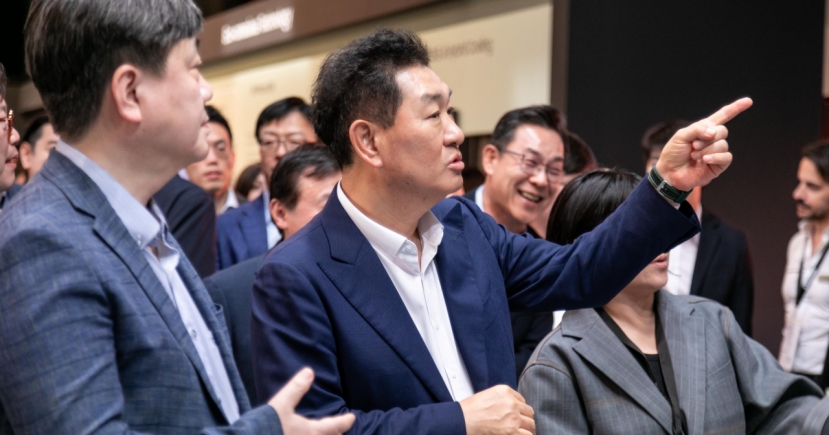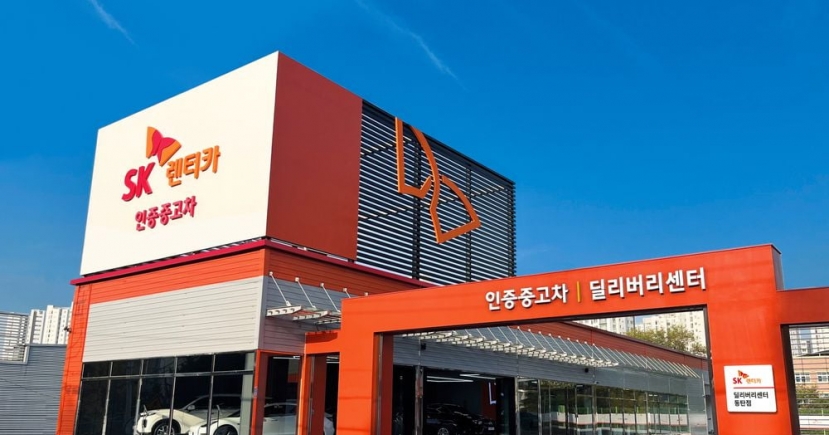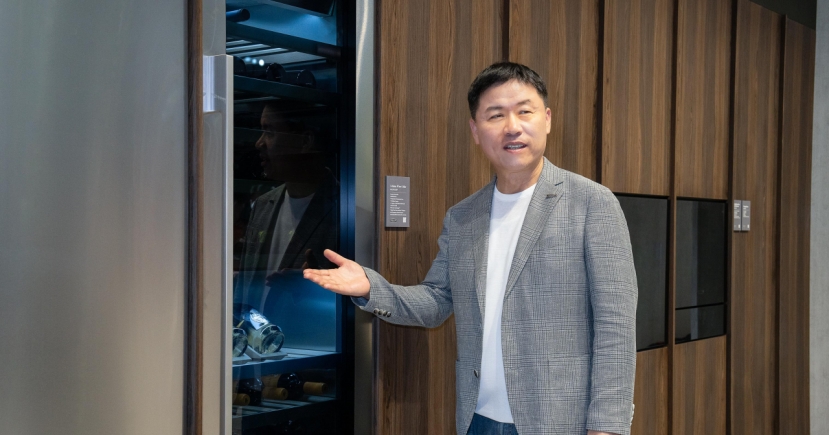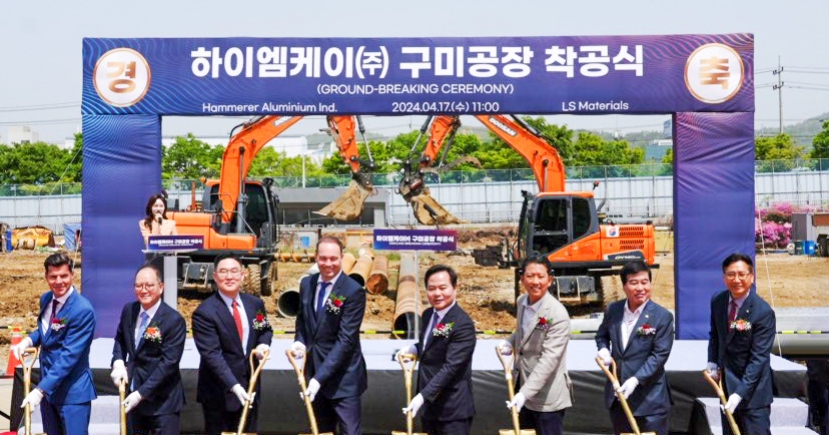Industrials
LG Chem, Mahindra forms partnership for EV battery
[THE INVESTOR] LG Chem has signed a partnership with Mahindra & Mahindra to provide it with lithium-ion battery technology as the Indian carmaker pushes for electric vehicles development.
The two companies said in a statement on Feb. 26 that over the next seven years, LG Chem will develop a unique cell exclusively for India application, and also supply lithium-ion cells based on NMC (nickel-manganese-cobalt) chemistry with high energy density.
These cells will be deployed in the EVs developed by the car-making unit of the US$19 billion conglomerate Mahindra Group and its Korean subsidiary SsangYong Motor. LG Chem will also design battery modules for Mahindra Electric, which in turn will create battery packs for Mahindra Group and other customers.
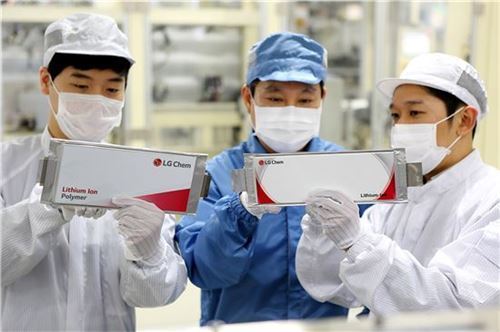 |
“LG Chem sees this collaboration as a significant milestone in terms of commercializing the Indian EV market,” said Kim Jong Hyeon, LG Chem’s Executive Vice President who is leading the company’s energy solution unit.
“The EV revolution is taking the country by storm, and at Mahindra we are happy to be at the forefront of this change,” Hemant Sikka, President & Chief Purchase Officer, Mahindra & Mahindra. “This association with LG Chem will give Mahindra the requisite access to advanced battery technology and will also enable us to deliver globally competitive products.”
India is the world’s fourth-largest automobile market in terms of new car sales. Its EV market is expected to grow by double digits until 2020, according to Ernst and Young. Estimates from Frost & Sullivan say EVs in India will account for 30-35 percent of the new vehicles market amounting 2-2.5 million units by 2030.
Mahindra recently announced a US$139-million investment plan in EVs, including a battery plant with a half a million battery modules per annum. A battery module pack line is expected to be completed there by the end of 2020.
By Park Ga-young (gypark@heraldcorp.com)


